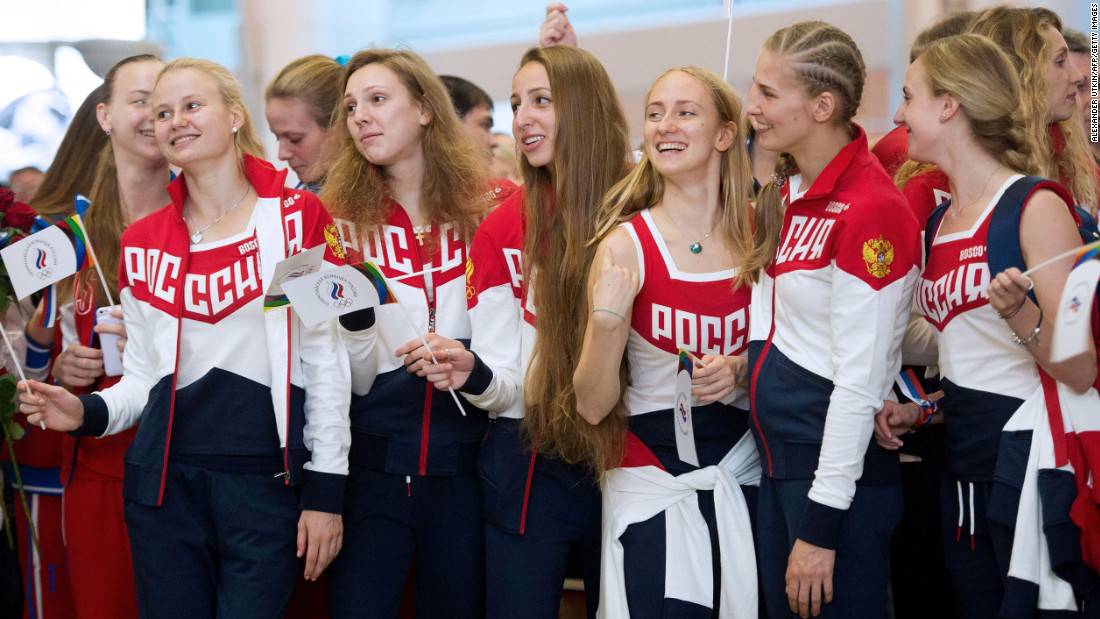Key Takeaways
- Ethnic Group and Population: Russians are an East Slavic ethnic group native to Eastern Europe, with a population of approximately 135 million.
- Language and Religion: Russian is their common language. Eastern Orthodoxy is the predominant religion.
- Historical Roots: Originating from East Slavic tribes, their culture and identity trace back to Kievan Rus’.
- Diaspora: Significant Russian populations exist in various countries, notably in Germany, Ukraine, Kazakhstan, and the United States.
- Cultural Impact: Russians have profoundly influenced literature, science, music, and more, contributing globally recognized figures in these fields.
Let me take you on a journey through the fascinating world of the Russians, an East Slavic ethnic group rooted deeply in the rich tapestry of Eastern European history. Imagine strolling through the bustling streets of Moscow, the heart of Russia, where the echoes of a profound and complex past blend seamlessly with the vibrant pulse of modern life.
A Mosaic of History and Culture
The story of the Russians begins with the ancient East Slavic tribes, a tapestry woven with threads of tradition, language, and faith. Picture the grandeur of Kievan Rus’, the cradle of their culture, where the seeds of the Russian identity were sown. The Russian language, a melodious and expressive tongue, became the cornerstone of their unity, while Eastern Orthodoxy cast a spiritual glow over their shared beliefs and customs.
The Global Footprint of the Russian Diaspora
As we explore further, we discover the vast expanse of the Russian diaspora. From the chilly climes of Kazakhstan to the bustling cities of the United States, Russian communities thrive, each a little piece of their homeland. In Germany, Russian voices blend with local dialects, creating a unique cultural symphony. Meanwhile, in Brazil and Canada, Russian traditions find new expressions, enriching the multicultural tapestry of these lands.
The Soul of Russian Literature and Science
Now, let’s delve into the realms of Russian literature and science, realms where luminaries like Tolstoy and Mendeleev have left indelible marks. Imagine the worlds created by Dostoevsky’s pen, where each character’s turmoil and triumph feels as real as our own. In science, envision Mendeleev’s periodic table, a map of the elements that became the bedrock of modern chemistry.
Music, Cinema, and Beyond
Our journey wouldn’t be complete without the soul-stirring melodies of Tchaikovsky and the cinematic masterpieces of Eisenstein. Russian music and cinema are not just art forms; they are windows into the soul of the nation, reflecting its hopes, its struggles, and its endless quest for beauty.
A Legacy Carved in Time
As we reflect on this journey, we realize that understanding the Russians is not just about exploring an ethnic group; it’s about uncovering a rich, multifaceted heritage that has shaped and been shaped by the world in countless ways.
Frequently Asked Questions
- What is the significance of the Russian language?
The Russian language, rich in history and expression, is not only a unifying force among Russians but also a significant cultural and diplomatic tool worldwide. - How has Russian literature influenced the world?
Russian literature, with its depth and emotional intensity, has greatly influenced global literature, offering insights into the human condition through the works of Tolstoy, Dostoevsky, and others. - What role does religion play in Russian culture?
Eastern Orthodoxy is integral to Russian culture, shaping many of their traditions, values, and artistic expressions. - Why is the Russian diaspora so widespread?
Historical events, such as political changes and economic opportunities, have led to the widespread dispersal of Russians globally, creating vibrant communities that maintain cultural ties to their homeland. - How have Russians contributed to global scientific progress?
Russians have made significant contributions to various scientific fields, including chemistry, physics, and space exploration, impacting global scientific understanding and innovation.
